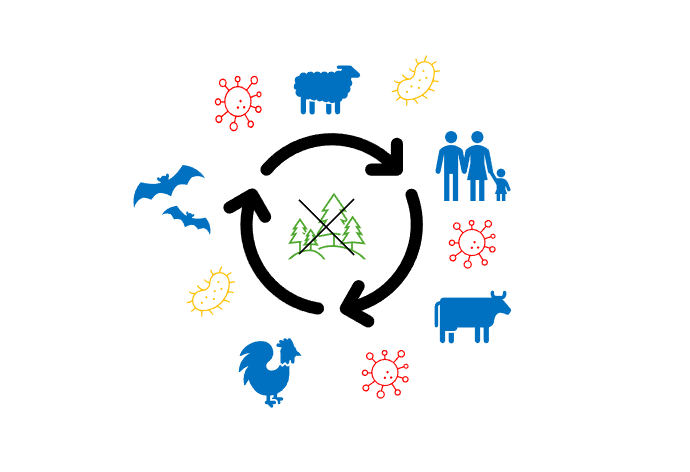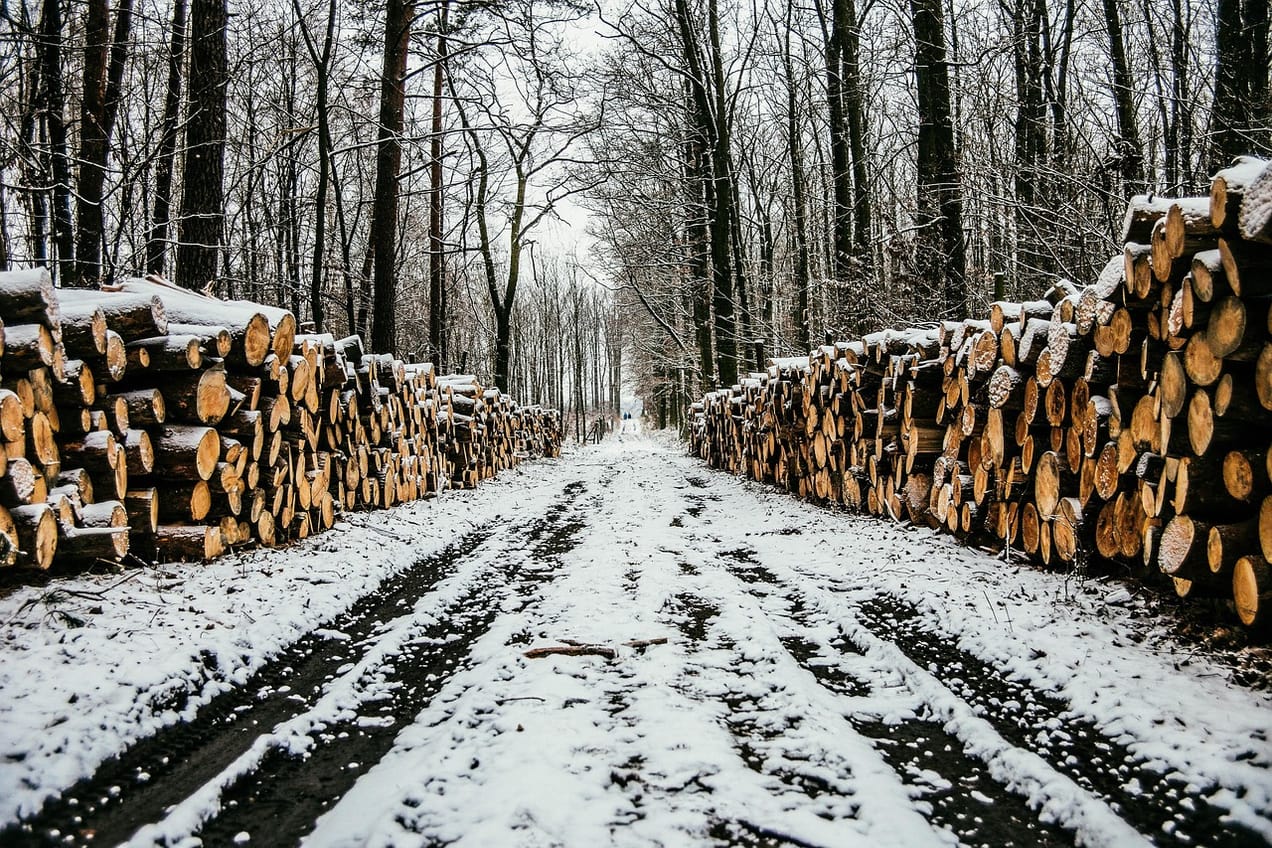
Deforestation and zoonotic diseases
Forests are a significant ecological and economic resource that sequester carbon and provide habitat for wildlife and livelihoods for communities.
A number of activities cause deforestation including the clearing of forests for commercial crop cultivation (e.g. soybean, palm oil, and wheat) and for livestock grazing especially in tropical regions like the Amazon rainforest, Indonesia, and parts of West Africa.
Legal (and illegal) logging for timber production, paper manufacturing and for fuelwood and charcoal - although on that latter point, increasingly solutions to move away from such fuels for cooking etc are being deployed 👉🏾 https://www.thesustainableinvestor.org.uk/scaling-up-access-to-electric-cooking-services-in-tanzania/
Urban expansion often involves the clearing of forested lands. Poor forest management overall can lead to overexploitation and eventual deforestation.
Finally, climate change with changes in temperature and precipitation (e.g. rain) and an increased frequency of extreme weather events can make forests more vulnerable to insect infestations, diseases, and wildfires, all contributing to deforestation.
We previously discussed a recent report by the World Resources Institute showing that global efforts to reduce and even reverse deforestation have been faltering. "The global deforestation rate in 2023 was 2% higher than the baseline from 2018-2020."

Another important consequence of deforestation was highlighted in a recent FT special report which highlighted the link between deforestation and the increasing emergence of zoonotic diseases. These are diseases that jump between species, either directly or indirectly.
Researchers from the Faculty of Medicine and Health Sciences, Universiti Malaysia Sabah, studied incidences of malaria in Malaysia over a period of more than 20 years and found that by 2018 human malaria cases had fallen to less than 500 from a level of 12,705 in 2000. In fact between 2008 and 2017, indigenous malaria cases decreased by 98.6%, while zoonotic Plasmodium knowlesi cases increased from 376 to 3,614 or an 861% increase. 2018 also marked the first year that Malaysia did not report any indigenous cases of malaria caused by human malaria parasites.
Deforestation brings different species into closer proximity than they otherwise would have been and at a faster rate. This means that you get a transfer of pathogens or germs and mutations that otherwise would not have been seen.
We have even recently seen the transmission of bird flu across other species, so this not just about us humans.
Nature recently reported that a strain of bird flu had spread among US cattle with the outbreak likely beginning when the virus jumped from an infected bird to a cow at the turn of the year.
Christian Lydersen from the Norwegian Polar Instituted reported a case of a walrus dying from bird flu on Hopen island in the Svalbard archipelago in the Arctic, likely caused from eating infected birds. But the transmission risk then can propagate up the food chain with Polar bears know to eat walrus carcass.
A 2020 study led by Serge Morand from the French National Centre for Scientific Research (CNRS) found that "increases in outbreaks of zoonotic and vector-borne diseases from 1990 to 2016 are linked with deforestation, mostly in tropical countries, and with reforestation, mostly in temperate countries. [He also found] that outbreaks are associated with the increase in areas of palm oil plantations."
We highlighted in an article from last year that the outlook for palm oil is getting better in that regard but still much to do 👉🏾 https://www.thesustainableinvestor.org.uk/is-the-outlook-for-palm-oil-getting-better/
This all illustrates the interconnectedness of themes and how addressing big issues such as deforestation cuts across many sustainability threats such as the negative impacts of greenhouse gases (decarbonisation), biodiversity loss and threats to human and animal health such as from the emergence of new and potentially deadly diseases.
We have previously discussed how climate change and in particular its impact on changing habitats was bringing tropical diseases to new parts of the world 👉🏾 https://www.thesustainableinvestor.org.uk/climate-change-spreading-the-impact-of-infectious-diseases/
This article featured in What Caught Our Eye, a weekly email featuring stories we found particularly interesting during the week and why. We also give our lateral thought on each one. What Caught our Eye is available to read in full by members.
If you are not a member yet, you can read What Caught Our Eye when it comes out direct in your email inbox plus all of our blogs in full...

Click this link to register 👉🏾 https://www.thesustainableinvestor.org.uk/register/

Please read: important legal stuff.

